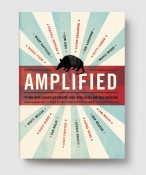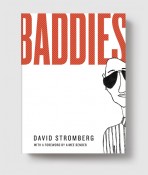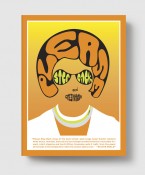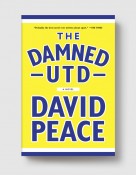
List price: $12.95
- Pages168
- ISBN9780976658320
- Publication dateOctober, 2005
- Categories
- Booksellers
- Media
- Academics & Librarians
With the Beatles
Lewis Lapham
“Charming and smoothly written…with nifty pictures…sure to become a collector’s item.” —The Boston Globe
Halfway between the summer of love and the Tet offensive, the Beatles went to India to study with the Maharishi — and Lewis Lapham, esteemed Harper’s editor and award-winning writer, was there. With the Beatles is a remarkable book of cultural commentary on that seminal ’60s moment.
The ashram in Rishikesh, India was the ultimate ’60s scene: the Beatles, Donovan, Mia Farrow, a stray Beach Boy and other ’60s icons gathered along the shores of the Ganges—amidst paisley and incense and flowers and guitars—to meditate at the feet of the Maharishi Mahesh Yogi. The February 1968 gathering received such frenzied, world-wide attention that it is still considered a significant, early encounter between Western pop culture and the mystical East. And Lewis Lapham was the only journalist allowed inside.
And what went on inside the compound has long been the subject of wild speculation and rampant rumor. The Beatles said they wrote some of their greatest songs there . . . and yet they also came away bitterly disillusioned. InWith the Beatles, Lewis Lapham finally tells the whole story.
“Lapham has an unparalleled ability to provide political and cultural context to any subject he discusses …While reams of paper have been used by rock journalists to opine about the Beatles’ trip to India and the influence it had on song lyrics or the eventual break-up of the group, few of these writers have looked beyond the reaches of the band to see any greater meaning in the event … With the Beatles, offers a unique and refreshing outsider’s perspective on a small event that was symbolic of larger, shifting trends in the youth movement of the ’60s.” — Matt Goody, The Republic




